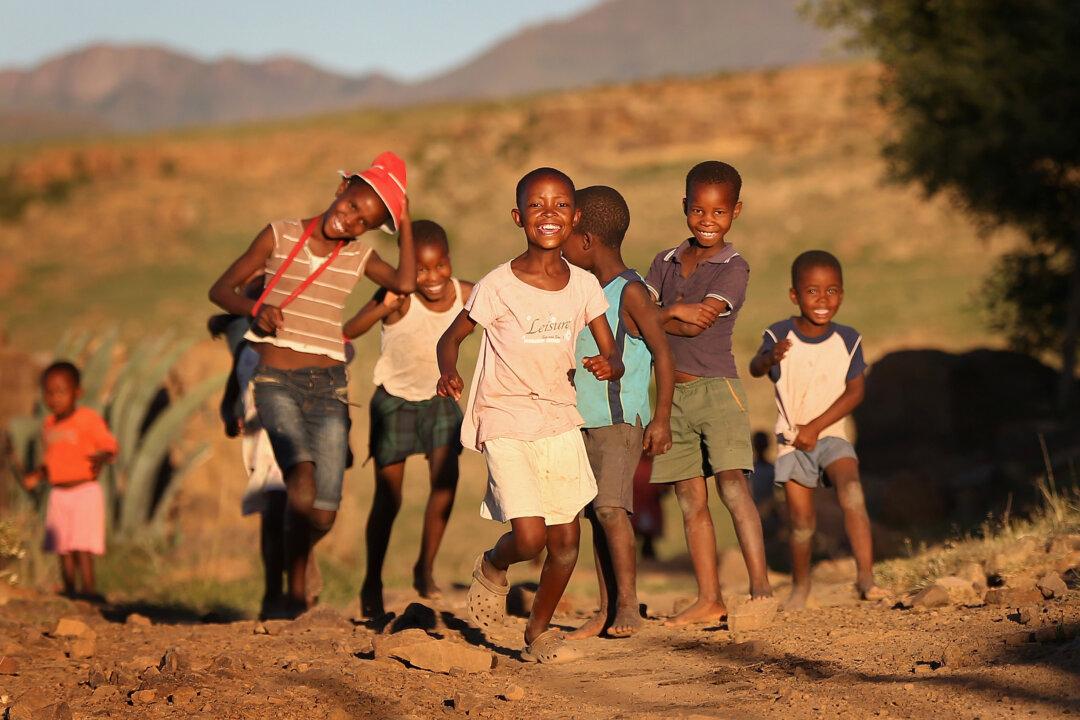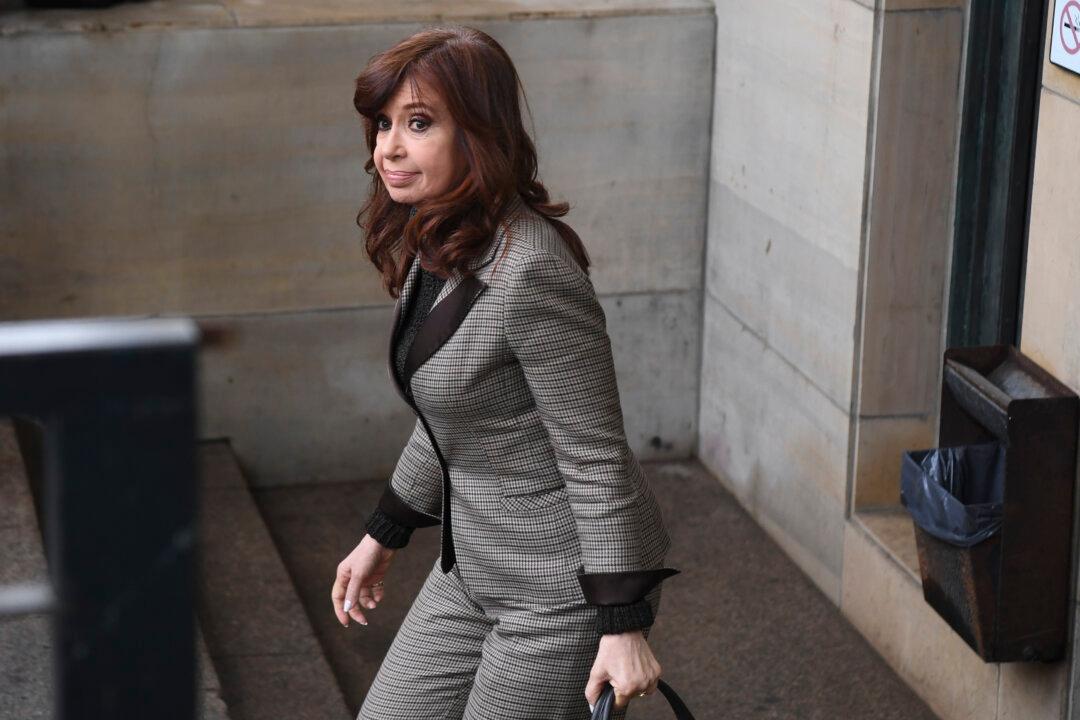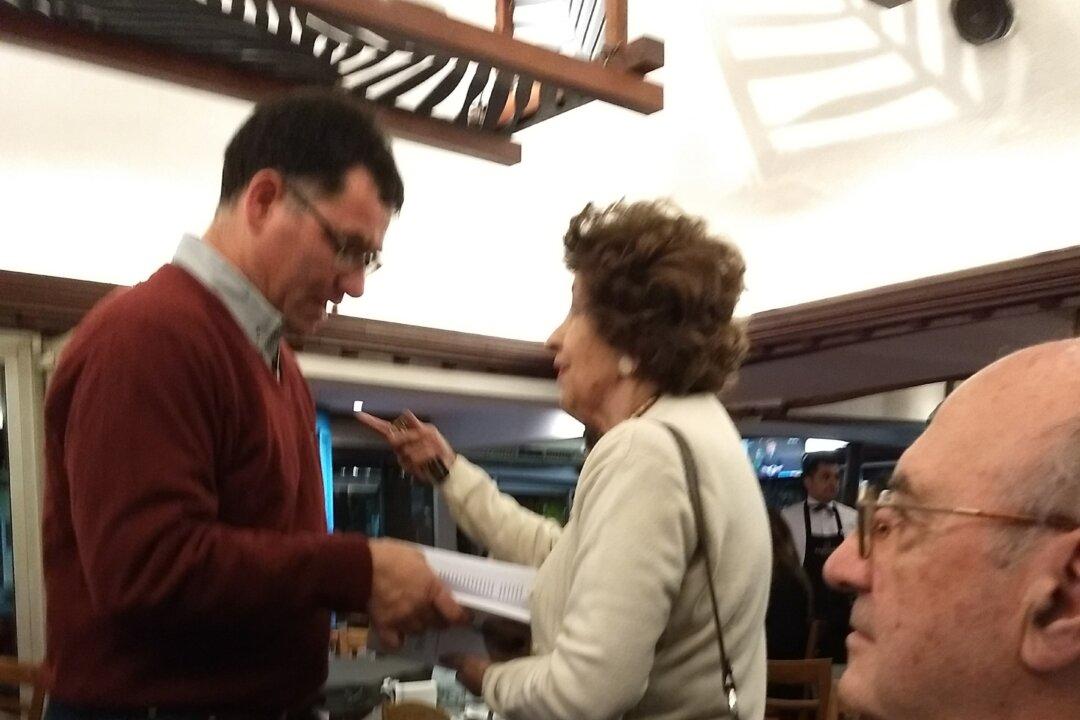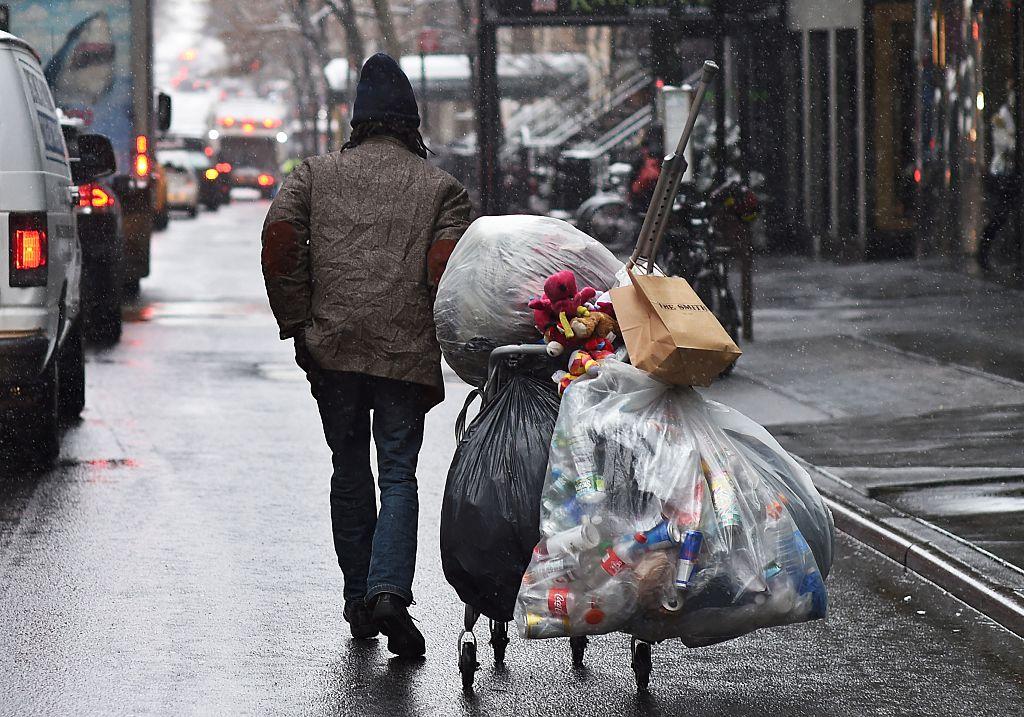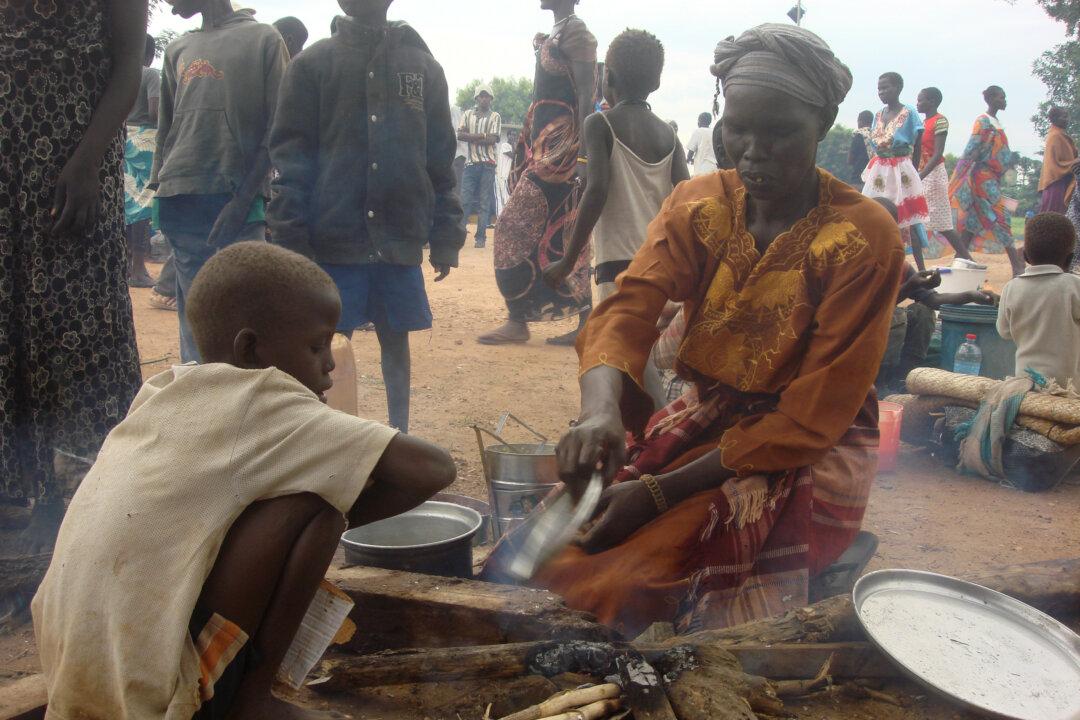I started traveling to Africa on health-related missions at the beginning of the 1980s. And from the beginning Africa caught my interest, and my imagination. It is, after all, the continent where my father was born, when my Lebanese grandfather went to work providing food to miners in Transvaal. That I went on public health missions was a big advantage since it allowed me to go to places and see situations that no tourist normally sees.
I realized that there are two Africas: one normally portrayed in the media, a land of poverty, disease, and war. And another Africa: a vital, energetic continent of hard-working men and women, a continent of beautiful children and young men and women, a continent of humor, and a continent of hope. Today, six of the ten fastest economies in the world are in Africa.
